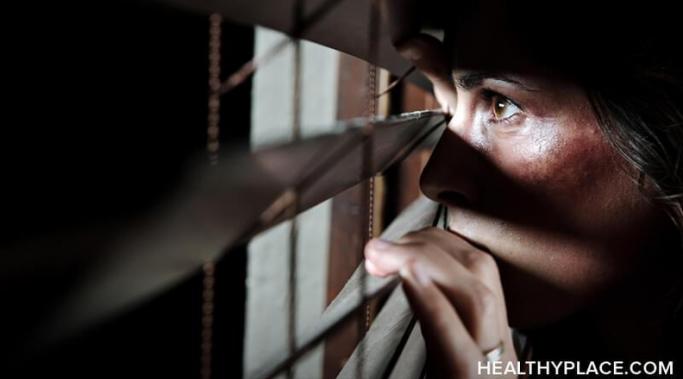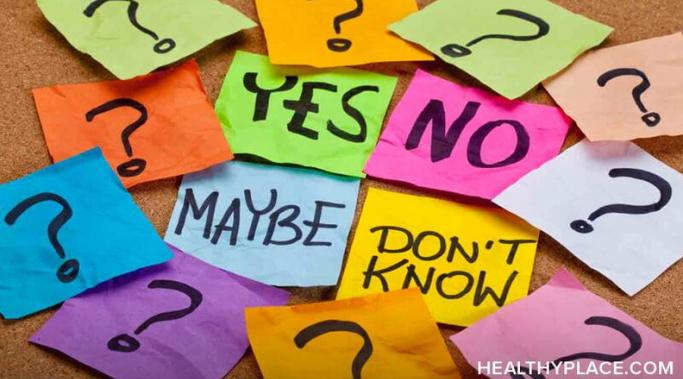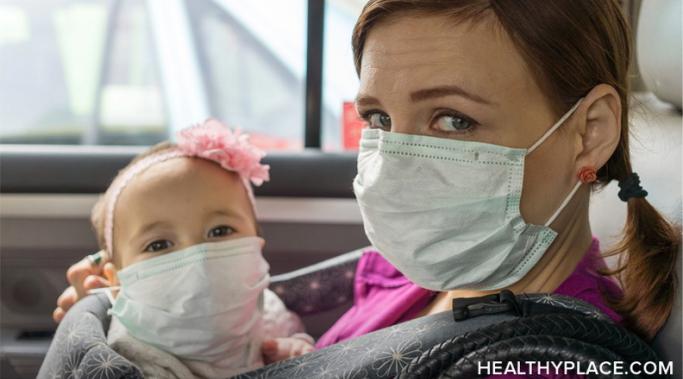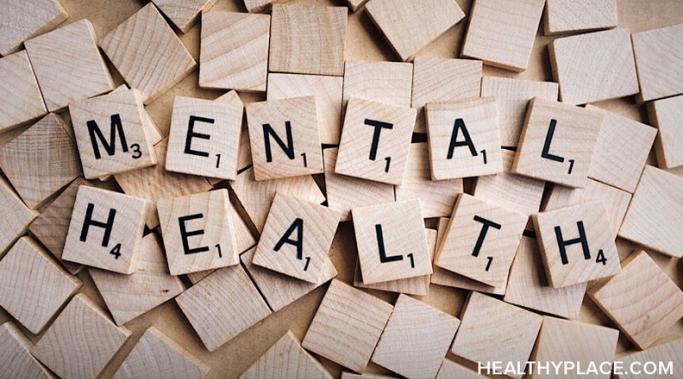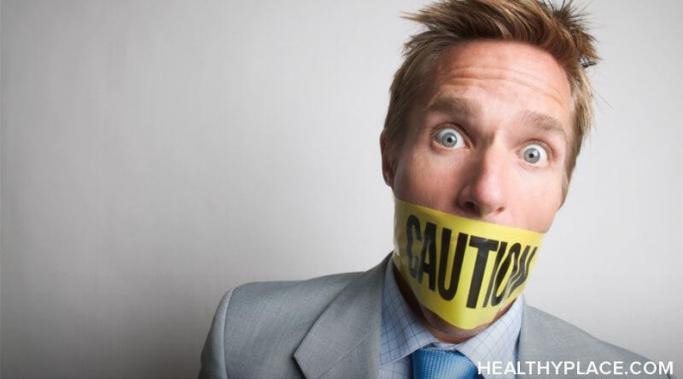Facing verbal abuse is an awful situation to be in, regardless of your age or the circumstances. Often, if someone is dealing with verbal abuse, they don't have the strength or confidence to stand up for themselves. This situation can allow the abuse to continue and worsen over time. However, some people can face abusers and call them out on their behavior when they aren't the victim of the situation. Why is it easier for some people to stand up against others facing verbal abuse?
Disorders Resulting from Abuse
With verbal abuse, avoidance may be present with the abuser, the target, or both, depending on the situation. This tactic has two sides that can be helpful or harmful based on the contributing factors. Avoidance in verbal abuse is common.
Self-trust can be impacted by past verbal abuse. Experiencing verbal abuse can alter how an individual perceives the world around them. Understanding this negative dynamic is helpful when managing a life outside of verbal abuse. However, the side effects of being in a verbally abusive relationship can create future issues when interacting with others and making decisions. If you are recovering from verbal abuse, you may not trust yourself, like I have.
Anytime a relationship includes verbal abuse, there are complications. The dynamics between individuals involving power and respect will skew, making it challenging to recover. Although some relationships can bounce back using therapy and adjusting to corrective behaviors, others will not. Relationships with verbal abusers will always be challenging.
The analogy of putting on your mask first before helping others goes beyond airplane safety, especially for victims of verbal abuse. The concept that you can't help others if you cannot function yourself is critical. Another relatable comparison includes trying to pour from an empty cup. As I heal from verbal abuse, I've recognized how important taking care of myself is so I can help others.
Recently, I witnessed verbal abuse of a stranger during my hospital stay that made me angry. Because I've been the target of verbal abuse, I know how hurtful words can make someone feel. I wanted to ensure that no one would have to feel like I did because of verbal abuse. To get a clear picture of the situation, the verbal abuse of a stranger started in a hospital setting. It came from a healthcare aide who didn't want to deal with an elderly woman in a long-term care bed who needed help.
You always want to avoid verbal abuse. Unfortunately, for many individuals, this behavior is a regular occurrence. It can happen at home, school, or work, creating a stressful environment. In some cases, individuals can try to navigate away from verbal abuse, while others cannot. I am one of the lucky ones who got away from this negative situation and worked hard to avoid verbal abuse in the future.
Initially, facing verbal abuse made me angry. Each individual can have many different experiences when facing verbal abuse. These circumstances can create a multitude of side effects, ranging from mild to extreme. In some cases, victims of verbal abuse may be angry, lash out at others, and continue the unhealthy cycle.
I've changed my ways. Everyone's healing journey from verbal abuse is unique. Numerous tools and resources are available to use as viable methods for healing. What works for you may not be a helpful solution for others recovering from verbal abuse. One of these methods is changing your ways regarding relationships.
Jokes and pranks can be fun for some people, but they can be downright abusive for others. Not everyone will possess the same sense of humor, leaving the other person with conflicted feelings. Does this mean pranks and jokes are verbally abusive or cruel? For some, they can be. While jokes can be fun, hurtful or malicious words packaged in an entertaining method of delivery are still verbal abuse.

